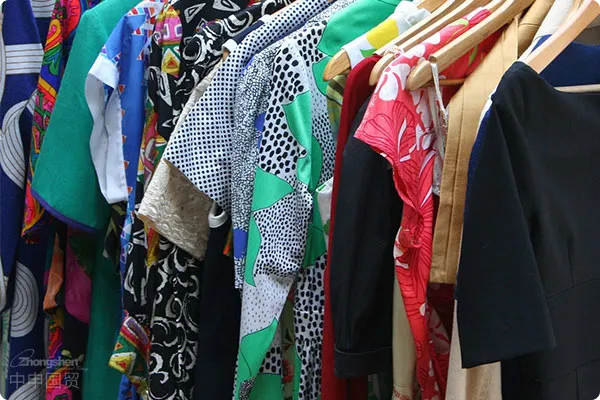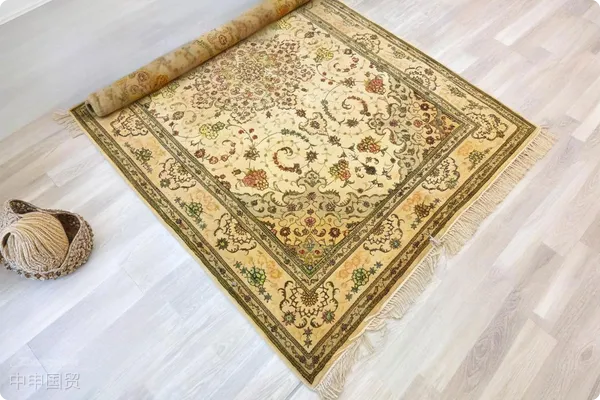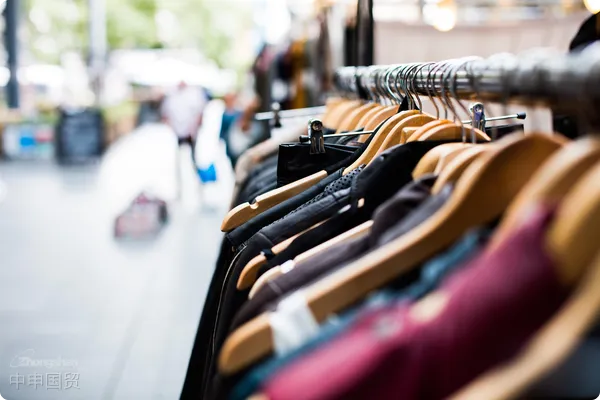- Shanghai Zhongshen International Trade Co., Ltd. - Two decades of trade agency expertise.
- Service Hotline: 139 1787 2118
Thailand, an important member of the ASEAN, attracts the attention of numerous global investors and trade partners with its unique geographical and economic advantages. As a major export destination for Chinese textiles and clothing, the Thai market presents both opportunities and challenges for Chinese manufacturers. Textiles and clothing exported to Thailand must meet a series of complex technical regulations and standard requirements. This article will delve into Thailands regulatory framework, technical regulations and standards, and conformity assessment procedures for imported textiles and clothing, helping exporters better understand and comply with these regulations to ensure smooth entry into the Thai market.

I. Regulatory Agencies
The regulatory agencies for textiles and clothing in Thailand mainly include the Thai Industrial Standards Institute (TISI) under the Ministry of Industry. The responsibilities of TISI are to develop and implement Thai national standards (TIS standards), and at the same time carry out product certification work, which includes voluntary and mandatory product certifications.
(1) Voluntary Product Certification:It is provided to manufacturers who want their products to meet specific standards. Although it is not mandatory, it can increase market competitiveness.
(2) Mandatory Product Certification:For products that must meet specific safety or health standards, the Thai government requires mandatory certification to protect consumer safety.
II. Technical Regulations and Standards
Thailands technical regulations are mainly based on the Industrial Product Standards Act. This law stipulates the standards that products must follow, especially various indicators regarding safety, quality, and consumer protection.
(1) TIS 2231 - 2550 (2007):This standard stipulates the safety requirements for harmful dyes and chemicals in textiles. It mainly focuses on whether the product contains chemicals that may be harmful to the human body, ensuring the safety and reliability of clothing products.
(2) TIS 2435 - 2552 (2009):Specifically for childrens clothing, it stipulates more stringent safety standards, including fire resistance, no cord or strap hazards, and the safety of small parts to prevent accidents such as choking.
(3) These standards ensure that textile and clothing products exported to Thailand not only meet the requirements of international trade but also meet the safety expectations of Thai consumers.
III. Conformity Assessment Procedures
According to the Industrial Product Standards Act, for all industrial products that must be affixed with a standard mark, the manufacturers must produce in accordance with the standards specified by the law and accept inspections and certifications from relevant departments.
(1) License Application:Enterprises need to submit a license application to TISI, including product samples and relevant technical documents.
(2) Product Testing and Quality Control:Products need to be sent to a designated laboratory for necessary testing to prove their compliance with TIS standards. At the same time, enterprises need to demonstrate their quality control system to ensure the continuous production of products that meet the standards.
(3) Issuance of the License:Once the product passes the testing and is evaluated as qualified, TISI will issue a license and allow the enterprise to use the TIS standard mark on the product.
Chinese textile and clothing enterprises entering the Thai market must deeply understand and strictly abide by local regulatory requirements. This not only involves product quality and safety but also relates to the international image and market competitiveness of the enterprise. Every step, from TISI certification to product quality control, is crucial.
Related Recommendations
? 2025. All Rights Reserved. 滬ICP備2023007705號-2  PSB Record: Shanghai No.31011502009912
PSB Record: Shanghai No.31011502009912










